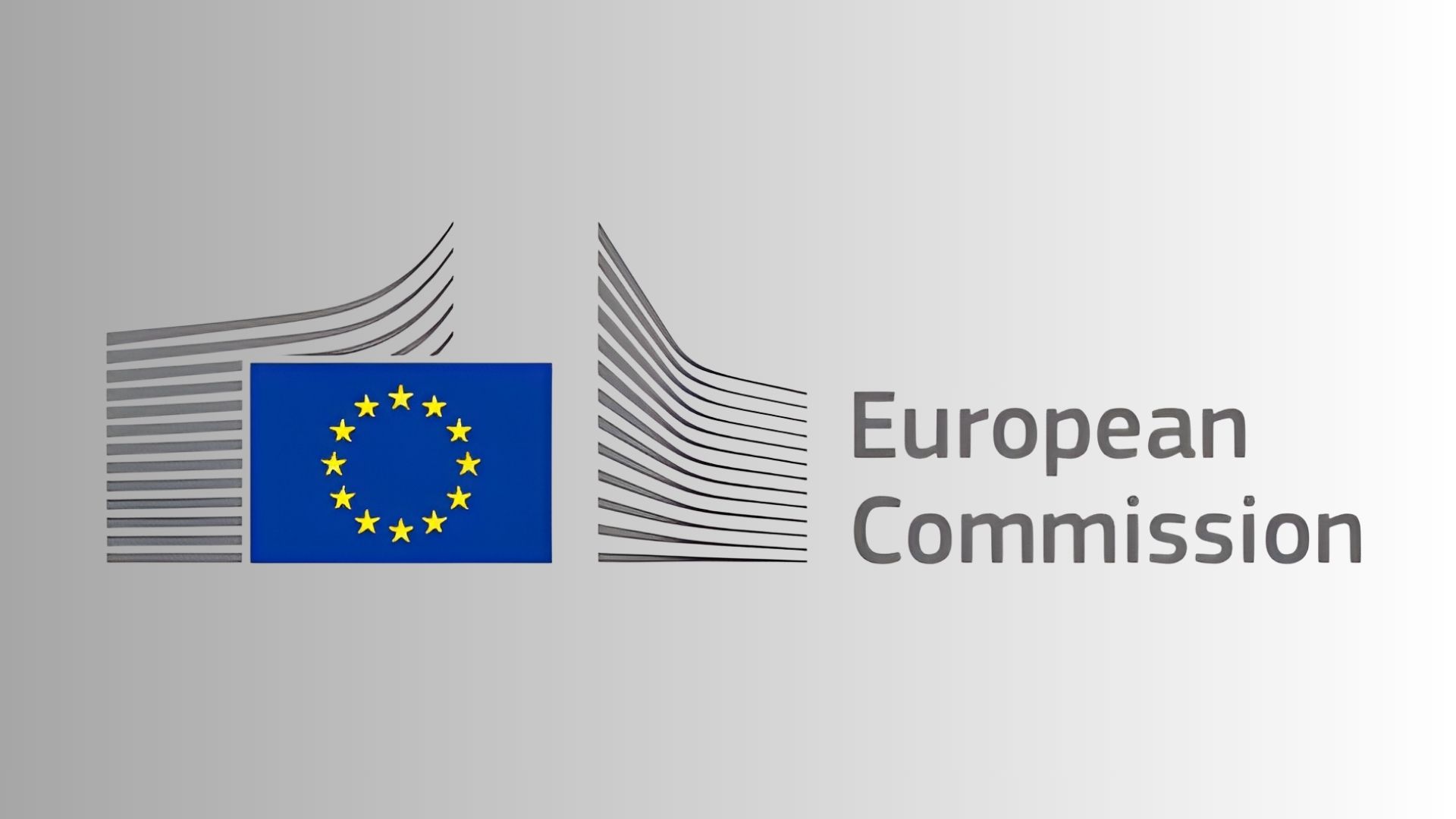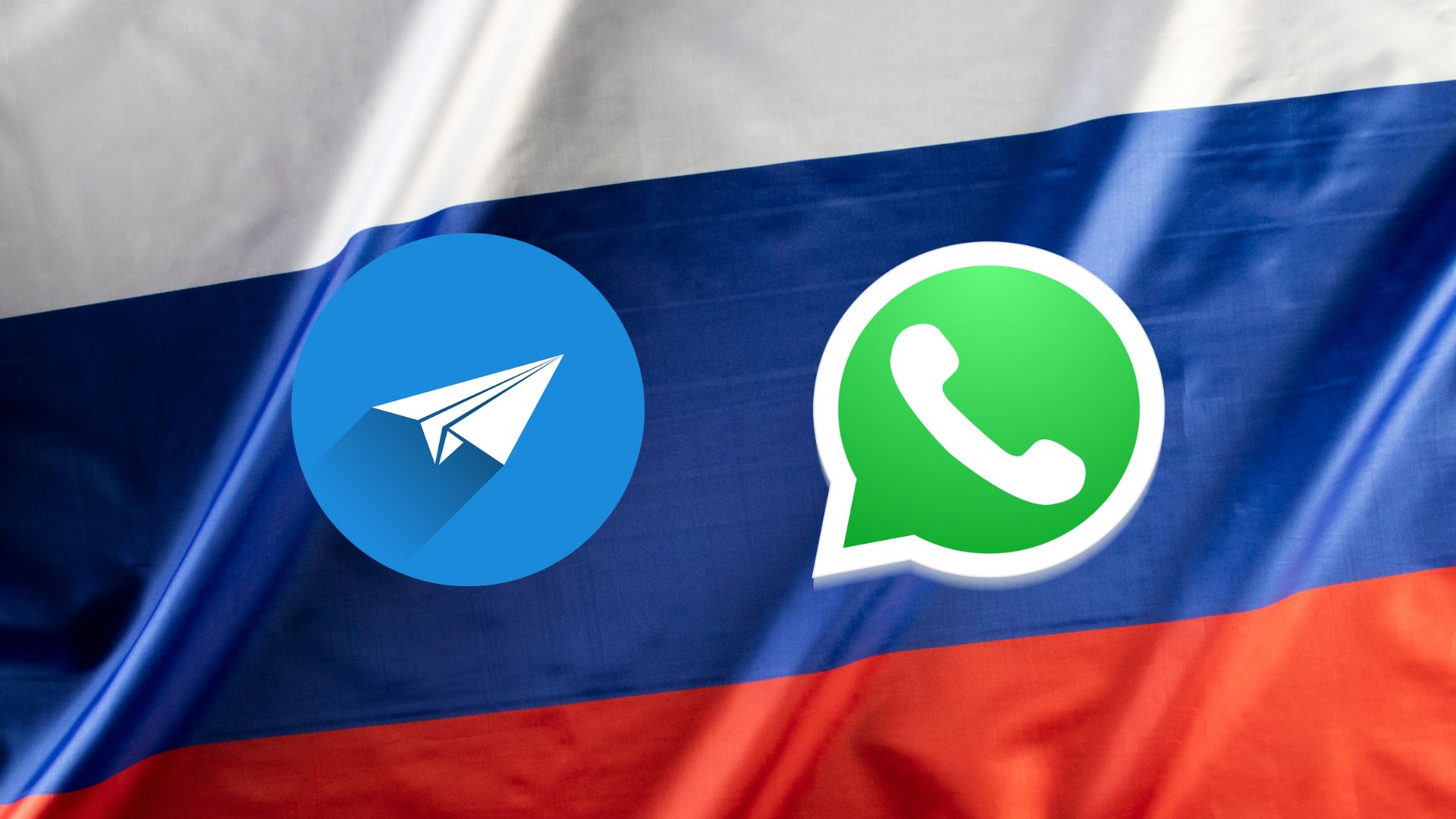European ministers have adopted conclusions aimed to boosting the Union’s digital competitiveness, urging quicker progress toward the 2030 digital decade goals.
Officials called for stronger digital skills, wider adoption of technology, and a framework that supports innovation while protecting fundamental rights. Digital sovereignty remains a central objective, framed as open, risk-based and aligned with European values.
Ministers supported simplifying digital rules for businesses, particularly SMEs and start-ups, which face complex administrative demands. A predictable legal environment, less reporting duplication and more explicit rules were seen as essential for competitiveness.
Governments emphasised that simplification must not weaken data protection or other core safeguards.
Concerns over online safety and illegal content were a prominent feature in discussions on enforcing the Digital Services Act. Ministers highlighted the presence of harmful content and unsafe products on major marketplaces, calling for stronger coordination and consistent enforcement across member states.
Ensuring full compliance with EU consumer protection and product safety rules was described as a priority.
Cyber-resilience was a key focus as ministers discussed the increasing impact of cyberattacks on citizens and the economy. Calls for stronger defences grew as digital transformation accelerated, with several states sharing updates on national and cross-border initiatives.
Would you like to learn more about AI, tech and digital diplomacy? If so, ask our Diplo chatbot!










